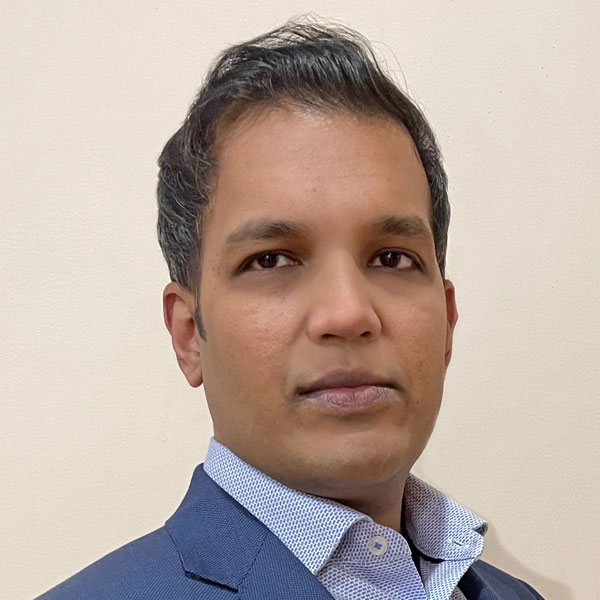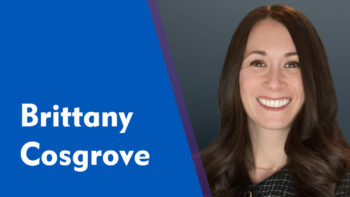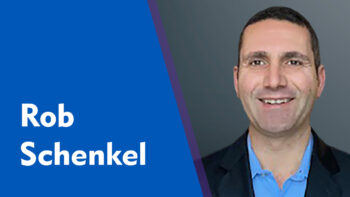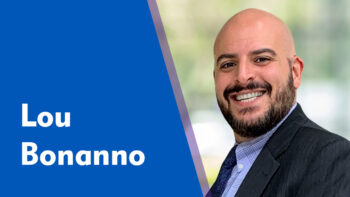Meet Rohin Bepat
You may have heard stories like mine before: I studied Computer Engineering and started in software development, like most of my family. I was a kid full of ideas, but in my role, I felt locked in a room without a connection to leadership. I wanted to do more with math, and then I learned about this beautiful thing called Actuarial Sciences and decided to try my hand at a role in an insurance company.
Initially, I felt like I was not a fit in the insurance industry. I was coming from the software world where everything was, kind of, yours for the taking. In insurance, I felt like things were backwards, and I wondered if I had made the right move. I overcame this by being curious and getting exposure to the business view of insurance, pursuing my actuarial exams and learning more.
Along the way, I saw career progression I had not seen in the software field — people moving into different teams, getting new exposure to different parts of the actuarial field — and it was great.
The Arch Culture Made Me Smarter
In 2013, I decided New York was where my family was going to settle, which was another risk, given I had never lived there before! I did some research, moved from Miami to New York, and I joined Arch. Right off the bat, working at Arch was different. There was a much younger crew, the level of social interaction was different than what I had seen in Miami, on and off the job, and people were getting more work done in the process. I also felt like I was getting smarter!
Be Uncomfortable
The combination of culture and environment at Arch makes me more inclined to push boundaries and face challenges. An example of this is being asked to work in new markets where I had no experience, and being given new responsibilities including working with lawyers on important legal matters.
I would say to my manager, “I’m uncomfortable doing this,” and my manager would respond, “That’s good. You should be uncomfortable; that’s how you improve.”
“The combination of culture and environment at Arch makes me more inclined to push boundaries and face challenges.”
He also gave me tips, guidance and direction. He didn’t leave me on my own. I improved my working style even further, so I could do the detailed legal work required in the role. In the end, I did great and fulfilled everything that was required. I even improved the files by using some of my programming skills, making the process cleaner and more automated. It made me more confident in my own abilities, and it shaped how I manage my team today.
I work with our colleagues in the Philippines, and my goal is to create a level playing field, helping them to get out of their comfort zone and move forward. For example, I knew one of my team members would benefit from giving more presentations. After they delivered a few presentations, I gave feedback and got them to do it again, with bigger audiences, giving them more responsibility in the content of the presentation, and on and on. This is what had been done for me, and it has always worked when I’ve done it with those I manage.
Data Scientists Have a Major Role in How the Industry is Changing
In over a decade at Arch, there is definitely and obviously a shift toward automation, and more reliance on data strategy. Actuaries always think we should control the data, but in recent years, we have established a data science team.
The data scientists are combining industry data, creating code, and doing cool things to help us see patterns before we even get to the subject of losses. They can identify problems in some policies that help us build stronger pricing models.
These shifts are required for us to stay competitive. Insurance has always relied on data, but these days, it’s so much more in-depth, and it’s this shift towards using the data this way that has been the biggest and most swift change I have seen.
Mid-Career Moves Are Possible and Worth It
To anyone considering a mid-career move to a new company, as I did when I came to Arch, I would suggest you assess your current place and think about how well it fits — or doesn’t fit — your needs.
Think about what you want for the next 10 or 20 years of your life. Think about the impacts of the move — geography, money, training — and what that means to your life. It is tough to make a switch when you are seasoned, but it’s not impossible. What do you see happening if you don’t make a move? What impact will a move have on your reputation? Will it propel your career, or slow it down as you make entirely new relationships? And the most important question is: Why?
Lastly, before you seriously consider a move, have a talk with your managers. Let them know of all of the above that is impacting your desire to move.
Arch has taught me that discomfort is where growth begins, and I look forward to supportively pushing myself and my team into new territory.

Rohin Bepat
Vice President, Actuarial
Arch Insurance | Jersey City, N.J.




